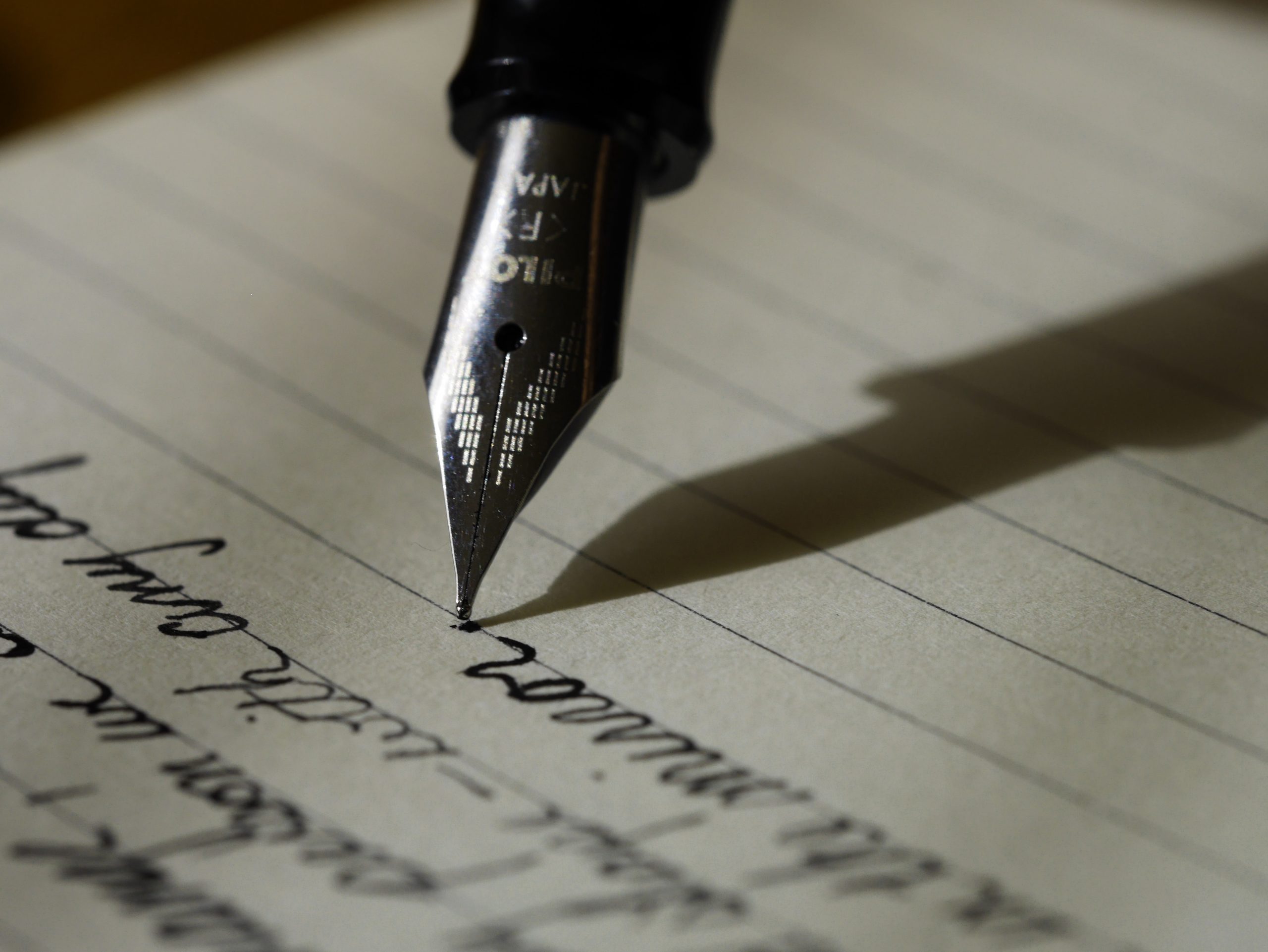

This article’s main focus is on Composing of the Message. This is the final stage of the process.
When you have completed the five planning steps and considered your openings and closings, you are ready for your first draft.
In other words, it is the time for Composing the Message. No two people prepare their first drafts the same way. Some people write first drafts in a linear style, following their mental or written outline and moving from one point to the next. Others use a more circular style, thus putting their ideas down with a less fixed progression of points, data, and organization. Regardless of your style, the important thing is to get on paper the information you want to include in your message. After this, you have to polish the document. This is because some of the world’s best writers believe their strength lies in revising and editing – the next two steps in writing.
After yon finish composing the message first draft, you must evaluate its content, organization, and style. The following are suggestions for revising:
1. Doe’s your message accomplish its purpose?
2. Moreover, have you chosen the most effective organizational plan?
3. Are your points supported by adequate material?
4. Similarly, is your language complete, concise, considerate, concrete, clear, courteous, and correct?
5. Have you used variety in sentence structure?
If you included unnecessary material, delete it. Likewise, if you need additional information, get it. Accordingly, change, move, add, and delete as much information as you need to create an effective message. The best writers confirm again and again that revision is the key to good writing.
Editing your message includes checking all paragraphs for good topic sentences, examining sentences for correct structure, and checking language for correct grammar, spelling, and punctuation. When you have edited your message and found it to be effective, you are ready for final proofreading. Sometimes you will proofread your document several times to confirm that you have not made any errors and mistakes. Even minor mistakes, such as typing errors, can reduce the effectiveness of your message and reduce your credibility of your message as well as skill in composing the message.
If you have any queries or suggestions regarding the topic composing the message, please feel free to leave your feedback in the comment section below. Thank You..!!
Facebook: https://web.facebook.com/ewriter29
Relevant Post: https://www.ewriter29.com/skills/communication-skills/beginnings-and-endings-of-messages/
Speech on Mercy by Portia: Rhetoric, Religion, and Justice in The Merchant of Venice Speech…
Analysis of I Too and The Weary Blues by Langston Hughes: Colonial Experience Langston Hughes,…
Ben Jonson and Comedy of Humours inVolpone (Satire & Greed) This article explores Ben Jonson…
Themes in Twelfth Night William Shakespeare’s Twelfth Night (c. 1601) is one of his most…
Summary of Twelfth Night William Shakespeare’s Twelfth Night, believed to have been written around 1601,…
Shakespearean Comedy and Its Features William Shakespeare, one of the greatest playwrights in English literature,…
This website uses cookies.
View Comments
Please change "yon" to "you" in "Revising your Message" heading
Hello there, just became aware of your blog through Google, and found that it is really informative. I am gonna watch out for brussels. I抣l be grateful if you continue this in future. Numerous people will be benefited from your writing. Cheers!
Like!! Really appreciate you sharing this blog post.Really thank you! Keep writing.